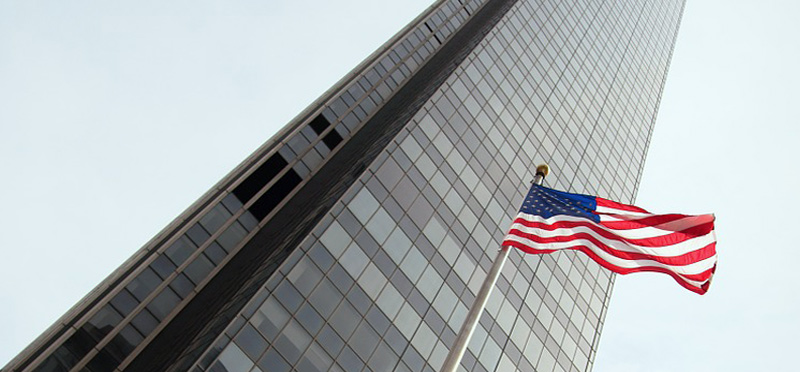German Employee invention in international group

Companies located in Germany are often part of international groups. This first part of our series of articles on German employee inventions in international companies deals with the reporting of an employee invention in an international group and the legal effect of this.
Who must be notified of an employee invention made in Germany in a company within an international group or company? And when is it considered to be claimed?
Such a case of an employee invention within a US group was submitted to the Arbitration Board of the DPMA for decision (decision Arb. Erf. 49/16). At the time of the invention disclosure, the employee inventor was employed in a German subsidiary of a US group. At that time, the employees of the German company were required to report any invention disclosures directly to the patent department in the US headquarters.
Invention disclosure to the US company
The inventor reported a total of five service inventions to the US company in compliance with the company’s instructions. This is perfectly legal, according to the Arbitration Board. Although the invention disclosures should have been addressed to the German company according to the German Employee Invention Act (ArbnErfG), an instruction to disclose inventions, for example, to the US parent company, can be issued according to the right of direction (§ 106 sentences 2 GewO). Legally, as a result of this instruction situation, the US patent department was the receiving agent within the meaning of §. 5 (1) ArbnErfG pursuant to § 167 (1), § 164 (3) BGB.
Claiming the invention
The dispute between the inventor and the legal successor of the German company was about whether the inventions duly reported to the US company had been claimed by the German company. The legal successor of the German company denied such a claim.
However, the Arbitration Board decided in favor of the employee-inventor, who postulated a resulting claim for remuneration.
Since the US Patent Division acted as receiving agent, the invention disclosures made to the US Patent Division had a direct effect on the German company, the Arbitration Board explained. The invention disclosures were therefore received by the German company upon receipt by the US patent division under § 6 (2) ArbnErfG.
As a result of the so-called “fiction of claim”, the German company had claimed the invention. This is because an invention disclosure triggers a tacit claiming of the invention after the expiry of four months (please read more about this HERE), which takes place without any action on the part of the employer.
Therefore, the German company was obligated to pay the inventor's remuneration and to register the employee inventions for IP rights.
If the employer does not comply with this, even within a reasonable grace period, the employee-inventor can effect the registration of the service invention for the employer in the employer's name and at the employer's expense - and possibly also file claims for damages.
The employer is obliged to file an application
In principle, an employer is obliged to file an application for an IP right for the employee invention without delay after receipt of a proper invention disclosure. The ArbnErfG provides for IP rights applications both in Germany and abroad. The company may decide for each country individually whether to register the invention - or to release it to the inventor. Employers need to note that every invention disclosure must be responded to, even invention disclosures that are incomplete or invalid.
We are an experienced patent law firm with special expertise in national as well as international patent law and employee invention law.
Do you have questions about the inventor's remuneration, would you like to find out about a claim to the inventor's remuneration for yourself or your employees?
Please contact us, by telephone at +49 (0)69 69 59 60-0 or at info@kollner.eu.







